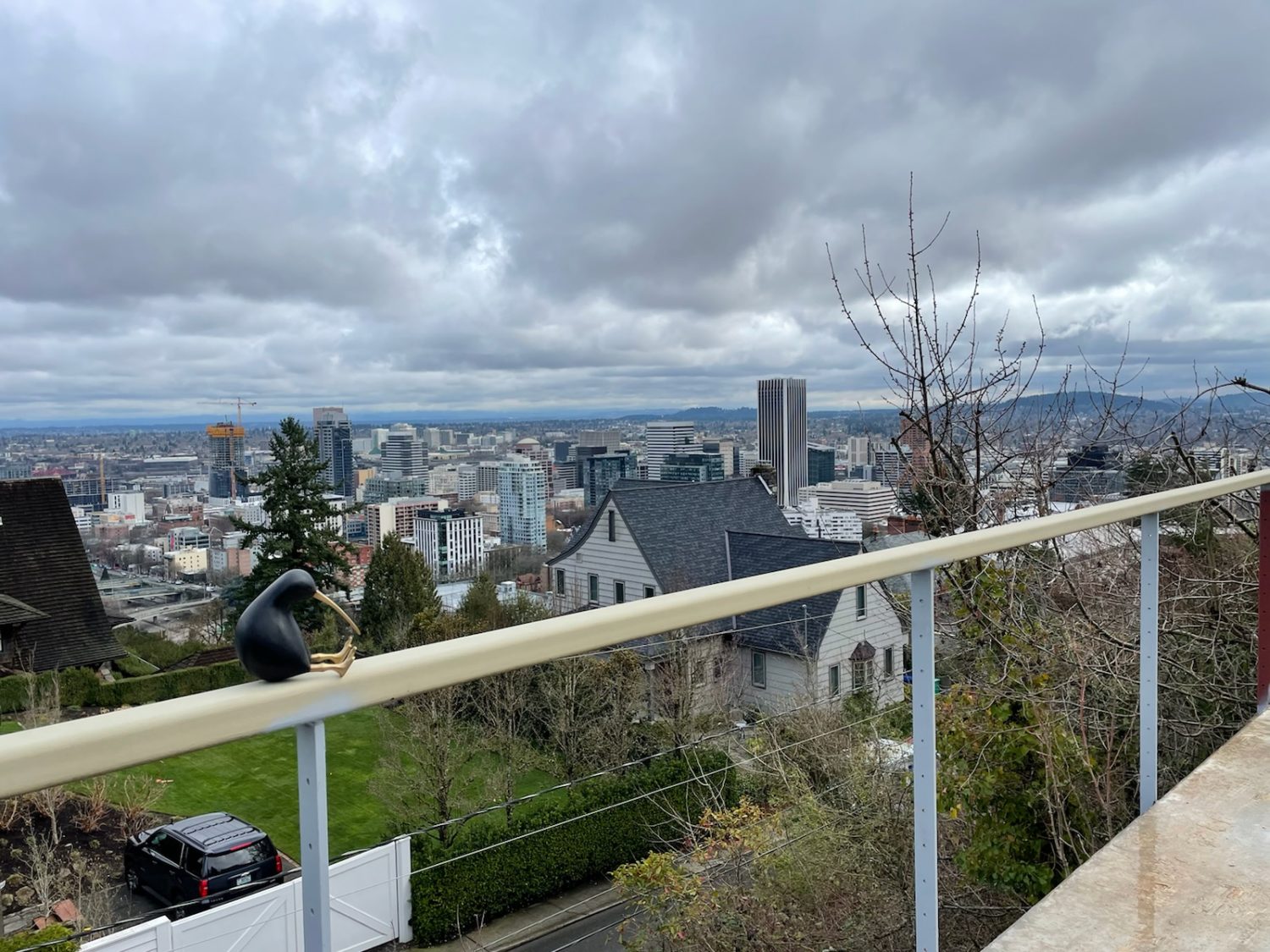
If you are considering building a new home, doing a major remodel or home addition, it’s important to remember that not all builders are of the same caliber. This blog lists our 15 top tips on how to choose the best home builder to help you build the home of your dreams.
When you talk to the builder and to the builder’s references, look for these qualities:
TIP 1: Has strong references
Don’t just receive a written reference. Talk to some customers. It’s one thing to hear that a former client is very satisfied with how their home turned out. It’s another thing to know to unpack the specifics to make sure you will also be satisfied. Specifically ask about budget, timeline, quality, teamwork, communication, etc. We suggest asking questions based on Tips 2-15 below.
TIP 2: Stays on budget
No matter the size or quality of a job, you should expect that the price you have been quoted will be the price you will pay at the end, assuming that you have not made any changes during the project.
TIP 3: Stays on schedule
You can expect to be given a timeline for the project and that the builder will keep to that schedule. The best home builders know how to project manage and anticipate even inclement weather delays. You can also ask questions about their process and what to expect.
TIP 4: Quality of work meets your standards
What quality means to a homeowner can be very subjective. You need to first determine what quality means to you. It could mean that the builder can install doors and windows so that they open and close properly, that sheetrock seams do not show after being painted, tile work has been properly centered, and so on; that’s one standard. However, if you are looking for a luxury home builder, that’s going to be a higher level of expertise, craftsmanship, and precision – and that’s a higher standard.
TIP 5: Works well with the construction team and subcontractors
This criteria may not be as obvious; after all, you will care more about the end result and less about what happens on the job site. However, if you can determine that there is strong communication and good synergy among the team, that means that less things will go wrong, such as diminished quality of the work, or unnecessary delays. A general contractor needs to rely on each team member for their particular expertise. There is a lot of collaboration and problem solving that occurs each day on the job site.
The best builder may refer to their subcontractors as trade partners, and this name implies respect and often means there is a longer successful track record of work.
Ask about the builder’s trade partners because the subs do the majority of the actual work such as excavation and foundation, framing, roof and exterior membrane, windows and exterior doors, electrical, plumbing, sheetrock, tiling, heating and cooling, smart home installations, and cabinetry.
TIP 6: Works well with architects
Some builders hire their own architects or designers in-house. We prefer to work with independent architects. Any builder needs to be able to fully respect the creative genius of the architect. What they say about each architect will tell you how much they value and defer to the architect’s design abilities. We think letting the architect or designer lead in design is very important to the project’s success.
TIP 7: Has similar experience in size of project
If a builder is used to projects that are $100,000 in size, and you are building a $1,000,000 home, your builder will be very challenged. Past similar sizes of jobs will help determine if your builder can handle your project. If you are building a home that has a unique design, but your builder typically builds custom homes of other styles, that should be okay. A good quality builder will be able to make that transition to a new style of home.
TIP 8: Demonstrates detailed thinking and creative problem solving
A custom home consists of a daunting number of components. Each new home construction or project will have unique approaches and challenges. A quality builder will be able to easily visualize what is needed, think in detail, and problem solve well.
TIP 9: Demonstrates strong communications
Once you begin the project, expect that you will be making all kinds of decisions and final product choices. Some will occur through your architect and some will be through your builder. You will have meetings where you will collaborate with your builder and your architect. It’s important that you can easily communicate with your team as your project will take months to complete.
TIP 10: Keeps up-to-date on building science
The construction industry has made incredible innovations in the quality of homes today, and you’ll be glad to choose a builder who understands which are the best products and methodologies to build you a home that is energy efficient, protects from the elements, is healthy for its occupants, and is of lasting quality. For example, today’s homes are built more efficiently and are less leaky; making indoor air quality and flow more important to address. A general contractor may not know as many details compared to each of the specializing trade partners, but your builder should be able to lead with the right questions to ensure the home is built upon correct building science.
TIP 11: Keeps up-to-date on smart home technology
You may think that smart home technology is not for you, but you may change your mind when you hear about all the many benefits now available to you. The best builder may not know all the details like a smart home trade partner specialist, but they will know how to interpret your desires to the smart home technology specialist.
TIP 12: Places your interests and needs first
Although home construction can be exciting, there will be many decisions to make, and it can be very time consuming. Your builder should understand when you are feeling challenged, needing guidance, or wanting deeper explanations on the status of the project. After all, it’s your project and they are working for you. Make sure you sense that they see you as their top priority.
TIP 13: Asks you questions
You want to work with a builder who can ask you questions. Why? You may not know the questions to ask them, or the questions to ask yourself. After all, they are the experts in building a new home construction, remodel or home addition. If a builder is not one to ask questions, they may make assumptions, and that may mean you don’t get what you want.
TIP 14: Lowest cost price does not mean the best builder
If you choose to get more than one bid from a builder, know that costs can vary quite a bit if you have not yet specified every product for your project. Early in your design process, the bids actually can vary quite a bit, unless your architect made some very detailed assumptions as a starting point. A good quality builder will be very close to another good quality builder in price. If the price is very different, ask for explanations from each builder.
TIP 15: Keeps promises
If a prospective builder says they will follow up with you on something, expect that to happen as promised. Their ability to follow through will be an indication of how the project will go later on.
Tell us about what’s important to you.
We seek to build each project on schedule and on budget, and always with top-notch quality results. We solely work with independent architects and designers, and we build long-term lasting relationships. If you are planning on home construction and are wondering about where to start, we would be happy to be interviewed, answer your questions or refer you to one of our architect or designer partners.
Contact us
We’d love to meet you. Contact us or call us at (503) 460-7203 with questions you have, or ask us about our philosophy, experience, or any other question that is on your mind.

